Description
Overview
Cabbage (Brassica oleracea var. capitata) is a cool-season leafy vegetable widely cultivated for its dense, globe-shaped heads made up of layered, crunchy leaves. A staple in global cuisines, cabbage is appreciated for its long shelf life, versatility, and nutritional value. It can be eaten raw in salads, cooked in stews, sautéed, pickled (as sauerkraut or kimchi), or fermented for digestive benefits.
Origin
Cabbage is believed to have originated in Europe, where wild cabbages grew along the coasts of the Mediterranean and Atlantic. Over centuries of selective breeding, modern compact-headed cabbages were developed. It is now one of the most widely grown and consumed leafy vegetables worldwide.
Types of Cabbage
Common types of cabbage include:
Green Cabbage: The most common type with pale green, tightly packed leaves
Red Cabbage: Similar to green, but with reddish-purple leaves, rich in anthocyanins
Savoy Cabbage: Crinkled leaves, milder taste, more tender when cooked
Napa Cabbage (Chinese Cabbage): Oblong heads, lighter flavor, commonly used in Asian dishes
Growth and Cultivation
Climate Requirements:
Cabbage thrives in cool climates, ideally between 15–20°C (59–68°F). It can tolerate light frost but may bolt in extreme heat.
Growing Period:
Maturity: 60–100 days depending on variety
Spacing: 30–50 cm between plants
Soil: Fertile, well-drained, pH 6.0–7.5
Watering: Consistent moisture is critical to form firm heads
Nutritional Benefits
Cabbage is a low-calorie, nutrient-rich vegetable packed with antioxidants, fiber, and immune-supporting compounds.
Rich in: Vitamin C, K, folate, calcium, and fiber
Health Benefits: Supports digestion, reduces inflammation, and boosts immunity
Uses
Raw: Salads, coleslaw, sandwich toppings
Cooked: Stir-fried, steamed, braised, or added to soups and stews
Fermented: Sauerkraut, kimchi
Preserved: Stores well under refrigeration for weeks
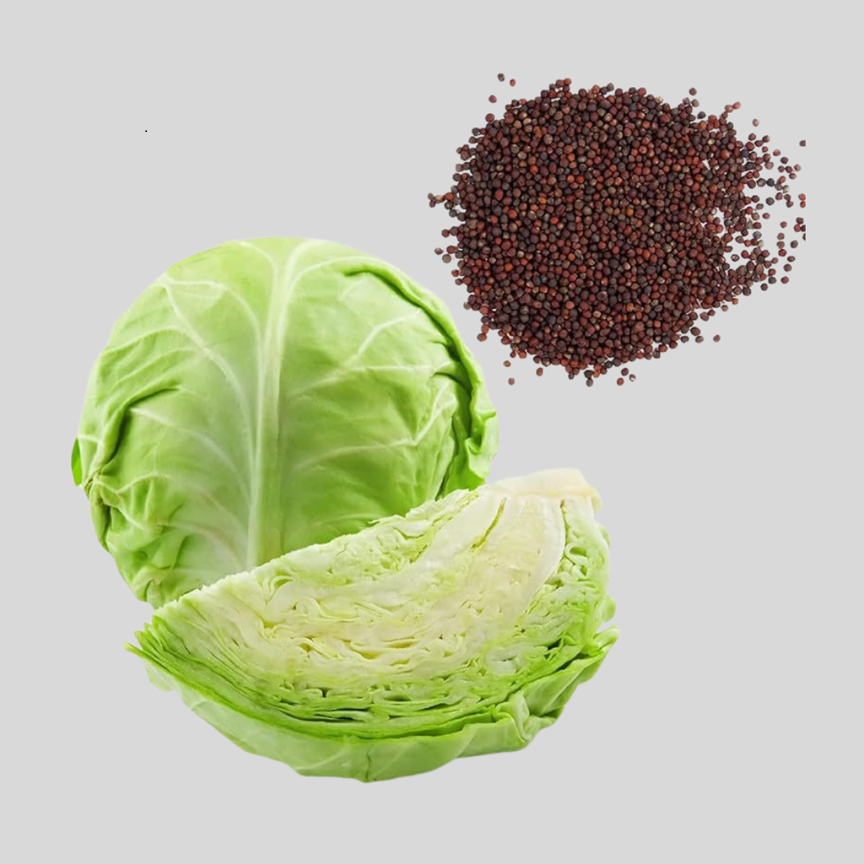
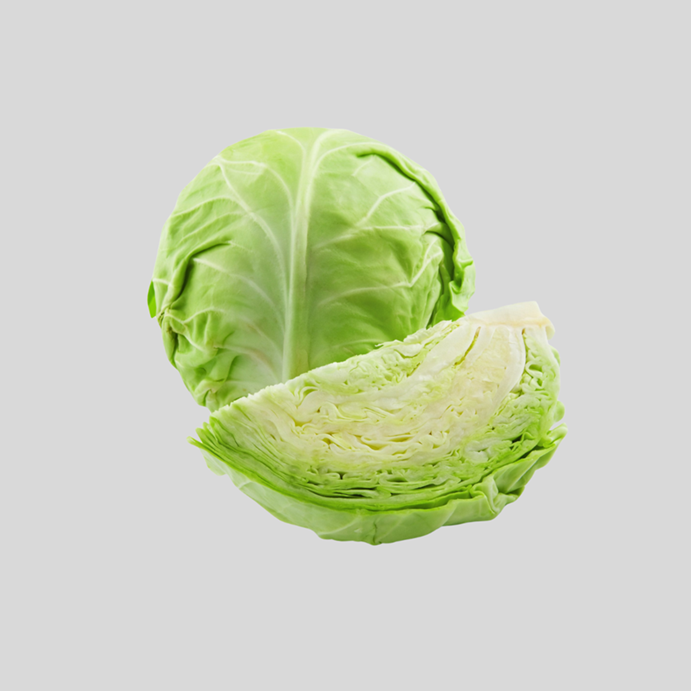

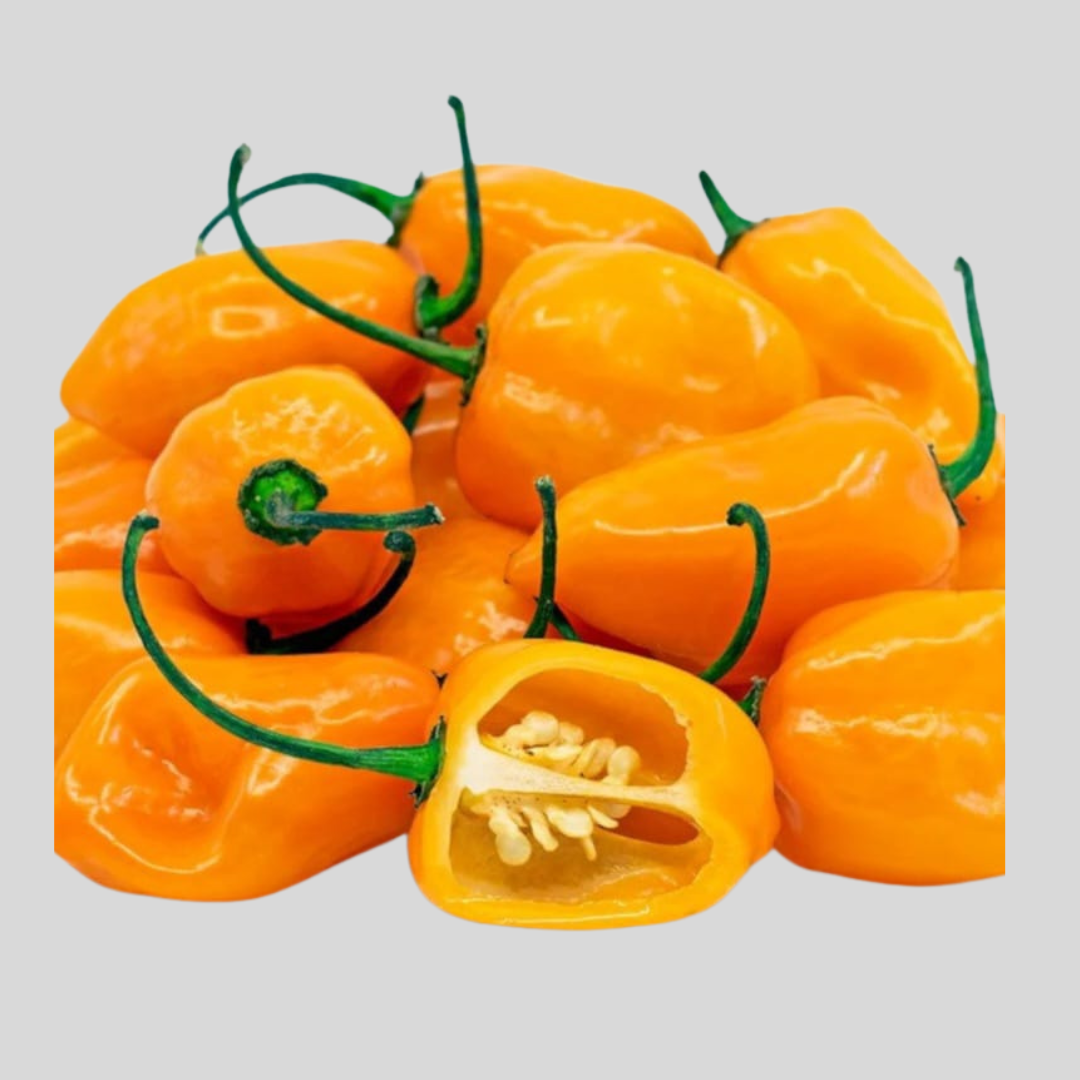
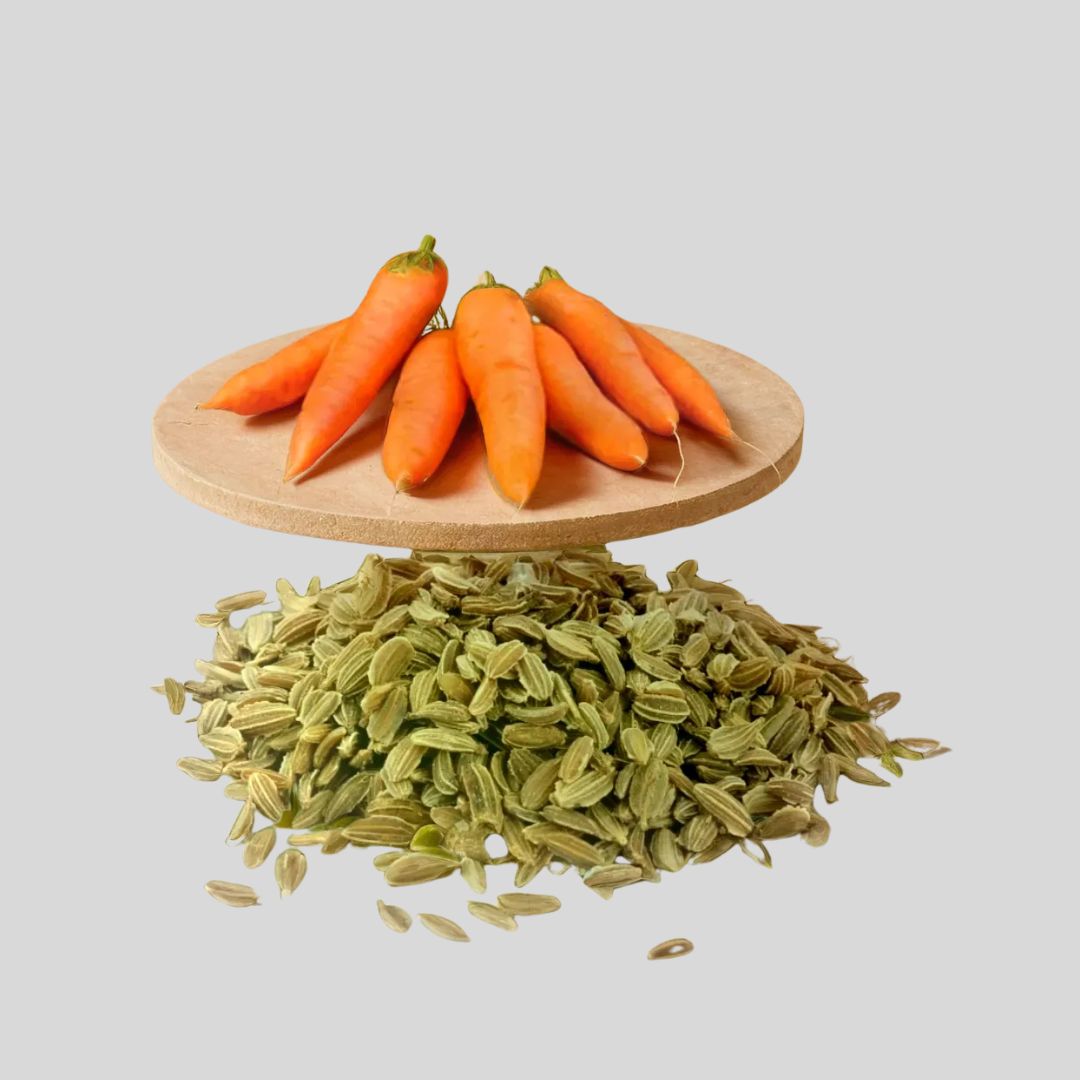
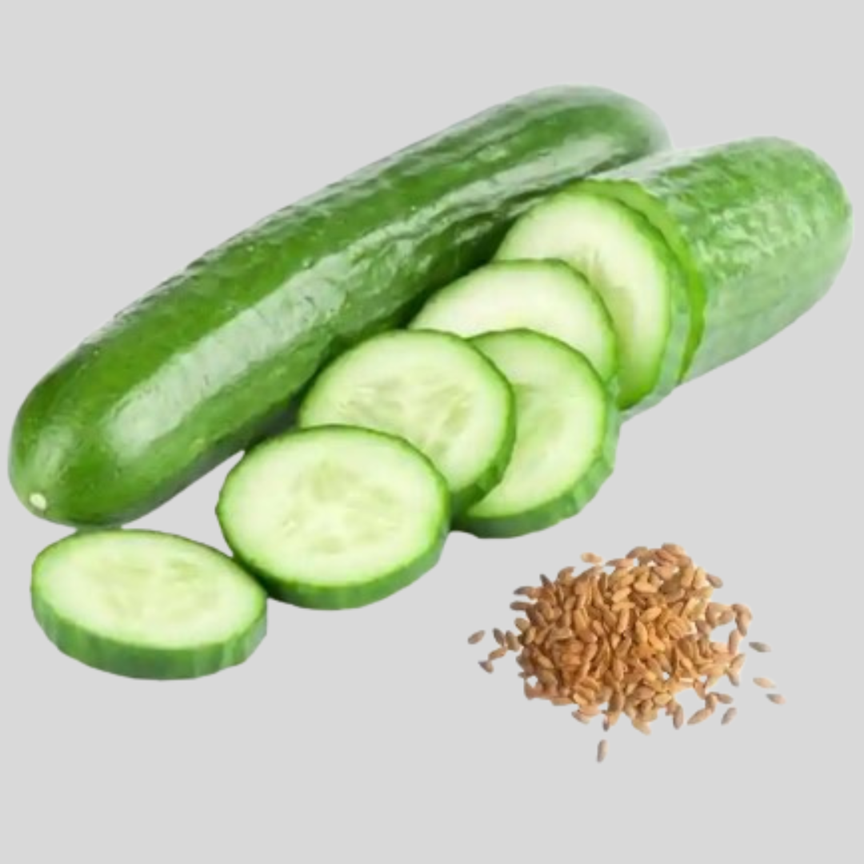

Reviews
There are no reviews yet.